Perth and Kinross Council has vowed to address the issues that led to shocking failings in its system exposed at the Scottish Child Abuse Inquiry.
It has emerged that Paul Martin – jailed for sex offences against teens carried out while he was a foster carer in Perth in the 1990s – was allowed to continue fostering AFTER admitting an assault on a child in his supervision.
The decision came after he apologised and claimed to be taking stress management and hypnotherapy classes.
And during this period the council’s social work team, accused of ignoring red flags in the aftermath of the incident, rated his caring “exemplary”.
Its current chief Jacquie Pepper admits Martin – also known as Pol and Paulnacha O’Mairthini – “pulled the wool” over the eyes of social workers.
Ms Pepper said she would “consider what needs to be done in the present time and re-evaluate our processes and practices and approaches in the current day”.
Eight-year sentence
Martin, then 42, was jailed for eight years and three months in November 2008 after admitting five charges of sex offences against four teens and one charge of failing to appear at a diet.
The offences took place while he was a foster carer with Tayside Regional Council and then Perth and Kinross Council, between December 1993 and January 1999.
All of the sex attacks admitted by Martin, of County Louth in Ireland, took place at his then homes of Allison Crescent in Letham and Ashgrove in Tulloch.
At least one of his victims was in his care at the time.
‘Slapped’ boy in his care
Scottish Child Abuse Inquiry chair Lady Smith scrutinised Martin’s case using evidence from a report by independent consultant Jacqueline Conway.
Lady Smith interviewed both the sex offender, now 56, and Ms Pepper.
In 1995, social workers sought to have his role as a carer reviewed after a young person under his care was assaulted.
But he was allowed to continue after an internal probe.
Martin – who came to Scotland in 1990 to work as an assistant manager at Dalguise Activity Centre near Dunkeld – self-referred himself after the incident and admitted in an interview with social workers to “slapping” the boy while on holiday in Nairn.
He then drove the boy to a nearby police station where the youngster refused to make a complaint or go inside.
At that time, the boy was on the child protection register under the category of “emotional abuse” as a result of his experiences at home.
Ms Pepper said: “When the case conference considered all of the information relating to this matter, they extended the registration to include the category of physical abuse, because they felt that he was at risk of physical abuse within his foster care setting.
“This was a clear challenge for social work on the basis that the placement offered by Martin was very good for boys facing challenges in their care and yet the boy had been assaulted.”
No report to police
She explained a report wasn’t made to the police because the boy didn’t want to take it further.
Martin alerted an unnamed MP to what had happened and the assault was investigated by education director Bob McKay and social work administrator Bill Frew.
The report said: “Martin stated that the boy’s behaviour had been perfect.
“The social worker felt the relationship and placement had been positive for the boy.
“Martin apologised for hitting the boy and reported to be taking stress management and hypnotherapy classes.
“The decisions taken included a referral to Dr Field to look at strategies for managing conflict, and the social worker was to be more involved.
“It was agreed that the boy should continue to reside with Martin but Bill Frew would be visiting Martin to make it perfectly clear about the expectations of the department.
“No further placements until re-assessment.”
Grooming carried out ‘under the noses of the workers’
Lady Smith said the report raised “red flags” regarding the assaulted boy’s reaction to the incident.
It said: “Apart from what is stated as a complaint against Martin by the boy, language such as saying ‘he loved him’ and ‘they made up’ and the boy ‘begging to be allowed to return’ to Martin do seem to ring an unhealthy alarm bell about this relationship, which did not appear to inform decisions but instead seemed to reinforce it as productive.
“This grooming was being carried out under the noses of the workers in this situation and they have not been able to recognise that or scrutinise it.”
Ms Pepper accepted this raised concerns is around the understanding of sexual abuse, sexual exploitation and grooming process.
“And back in the 1990s,” she added, “I would suggest that that was something that had not come to the fore in social work practice at that time.”
Lady Smith asked how Martin, who had also worked at Letham Community Centre, was able to “pull the wool” over people’s eyes.
Ms Pepper said: “When you read this report and you see the number of staff who were involved with him in different capacities, his ability to do that was certainly quite noticeable.”
‘Gaps that we need to address’
She says she is still “learning lessons” from the Martin case.
“There’s still some gaps that we need to address,” Ms Pepper said.
“There is merit in undertaking a learning exercise around this involving a whole range of staff, not just those that are involved in family placement.
“But those involved in child protection and using this, although it’s a historical case, to actually explore the deficiencies in practice in this time, consider what needs to be done in the present time and re-evaluate our processes and practices and approaches in the current day.”
Paul Martin’s crimes
- Lewd and libidinous practices and behaviour to boy aged 14 to 15, between 1994 and 1995.
- Assault on the same victim, between 1995 and 1997.
- Lewd and libidinous practices and behaviour towards a boy aged 11 to 15, on various occasions between January 1993 and July 1997.
- Lewd, indecent and libidinous practices and behaviour towards a boy aged 15, who was in foster care with Martin at the time, on various occasion between 1995 to 1996.
- Assault on a single occasion between December 1988 and November 1999.
5 other revelations and accusations
1 – Paul Martin was initially asked to take two boys on respite before even being approved as a carer
Assessment and checks had been completed and the panel meeting responsible for considering his approval was imminent.
But the go-ahead was given when there was nothing formally in place.
Ms Pepper, who became PKC’s chief social work officer in May 2017, said: “There was a pressing need to place these youngsters and there was a willingness and an availability of Mr Martin to receive those children into his care.
“But in terms of that registration not being in place, it does mean that there are issues around the legality of that placement and the checks and balances and the protection that that might afford.”
Lady Smith said: “The fostering panel could have said no.”
She stressed that the decision “could be a serious risk…which might tell you something about the way that part of the council was operating at that time.”
Ms Pepper responded: “The fostering panel would be a multidisciplinary panel including medical expertise, perhaps psychologist expertise or whatever, so it was pre-empting the decision of the panel.”
2 – No corroboration of Martin’s claim about partner in Australia
Martin claimed in his 1993 application that his partner had worked Down Under for the past two years.
But there was no corroboration in any of the documentation.
The report said: “Although recorded as a single male, he suggested his partner worked in Australia and had done for approximately two years.
“Later it would transpire that his sister was living in Australia and there was no further reference anywhere to a partner.”
It then added: “There was no assessment in the file or means to clarify whether information regarding his partner was checked or provided again.
“It is probable that he may have been concerned about his application as a single male.”
Ms Pepper’s recollection from the files was that Martin’s claim “was taken as read”.
She added: “There were no references or contacts made with the partner that was suggested by Mr Martin.
“And that would seem to be a significant omission.
“There was an indication in the assessment process that Mr Martin intended to marry that partner and that there would be a joint commitment to fostering in the future, so that made it even more important to have an engagement with that individual concerned.”
3 – Social workers ‘friendly’ with Martin
Lady Smith stated that one of the victims was under the impression Martin was “very friendly” with some of the social workers.
Ms Pepper responded: “That’s not the impression that I would take from the files, because it’s difficult to gauge friendliness from a written document.
“My impression would be that his explanations would be taken at face value.
“That there was perhaps a reluctance to probe into some of his explanations for certain events, which on the face of it were quite concerning.
“So whether that amounts to friendliness or collusion or taking his accounts at face value I’ m not sure, but there was certainly – and that was actually more than one person.
“It wasn’t a single member of staff.
“His view of situations was certainly clearly expressed and accepted in many situations.”
4 – Martin’s information and views ‘rarely questioned’
One of the startling revelations from the report was that the social care department held a high opinion of his care.
A section read: “In the case of Mr Martin his care on the surface appeared exemplary.”
Responding, Ms Pepper said: “I can’t answer for Mrs Conway [independent consultant Jacqueline Conway], but I think on reading the files there’s an assumption that his care was good and he was doing the right thing with the right motivations for young people and trying really hard with the most difficult young people .
“So on that basis he was seen to be doing well.
“And the reports of the young people were that they enjoyed being in his care and in fact wanted to be in his care.”
But she added: “However, there was an immediate trust and acceptance of his information and views that permeated the case management and was rarely questioned or queried prior to 1997.”
5 – Martin resigned amid greater scrutiny
Towards the end of the 20th century more stringent measures were being put into place, according to Ms Pepper.
This eventually led to Martin’s resignation in 1999.
According to the report, he displayed “a level of resistance” to undergo a medical.
“There was an inevitability to his resignation that stemmed from a greater level of scrutiny that was beginning to emerge as normal.”
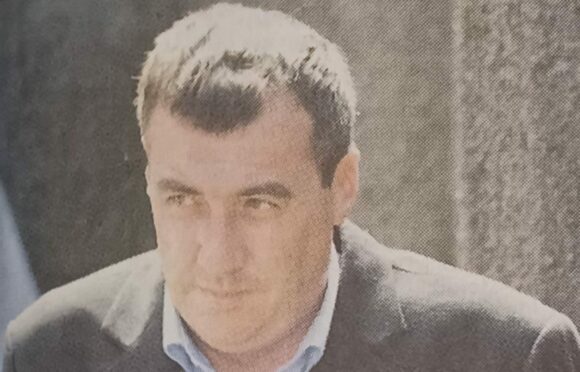

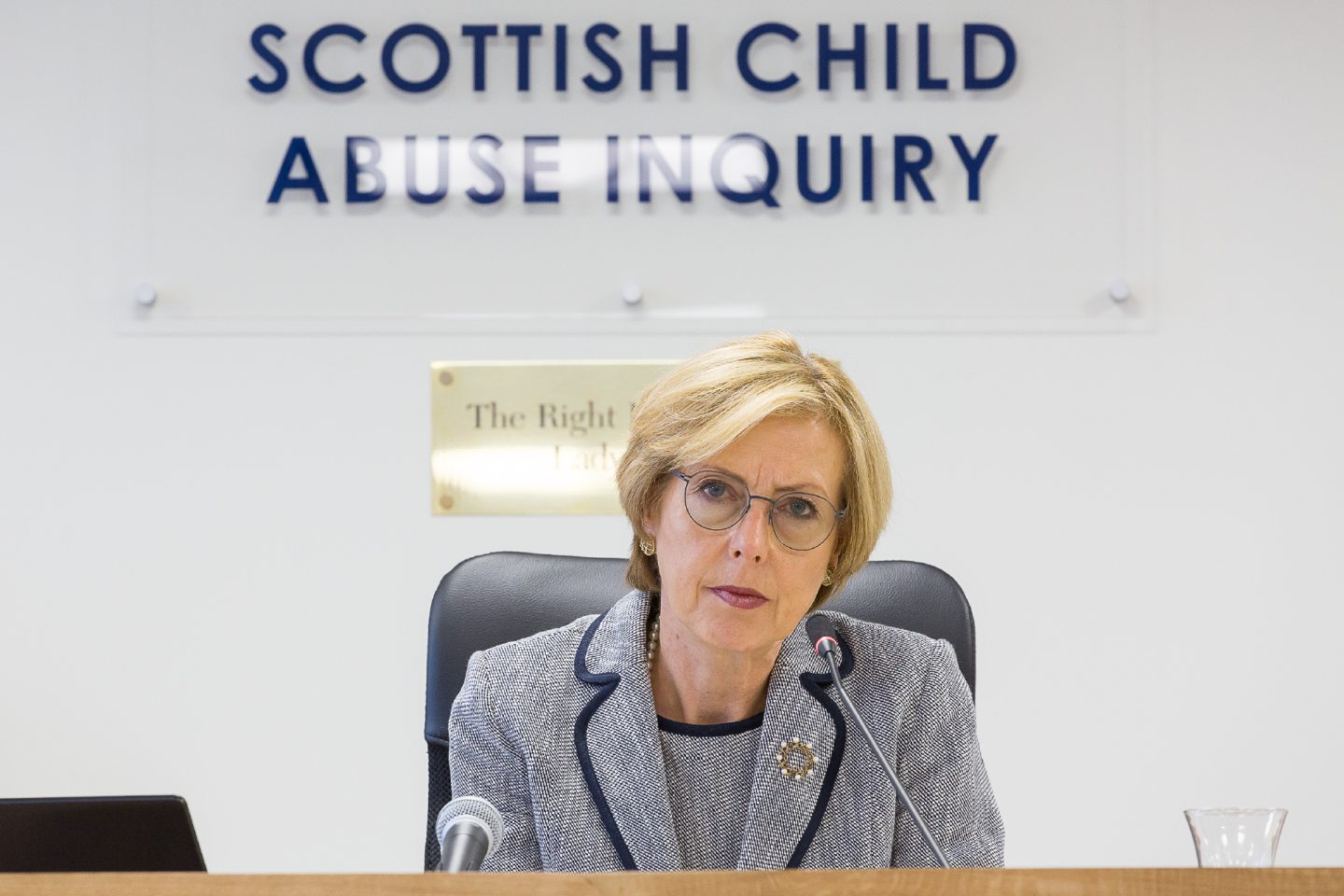
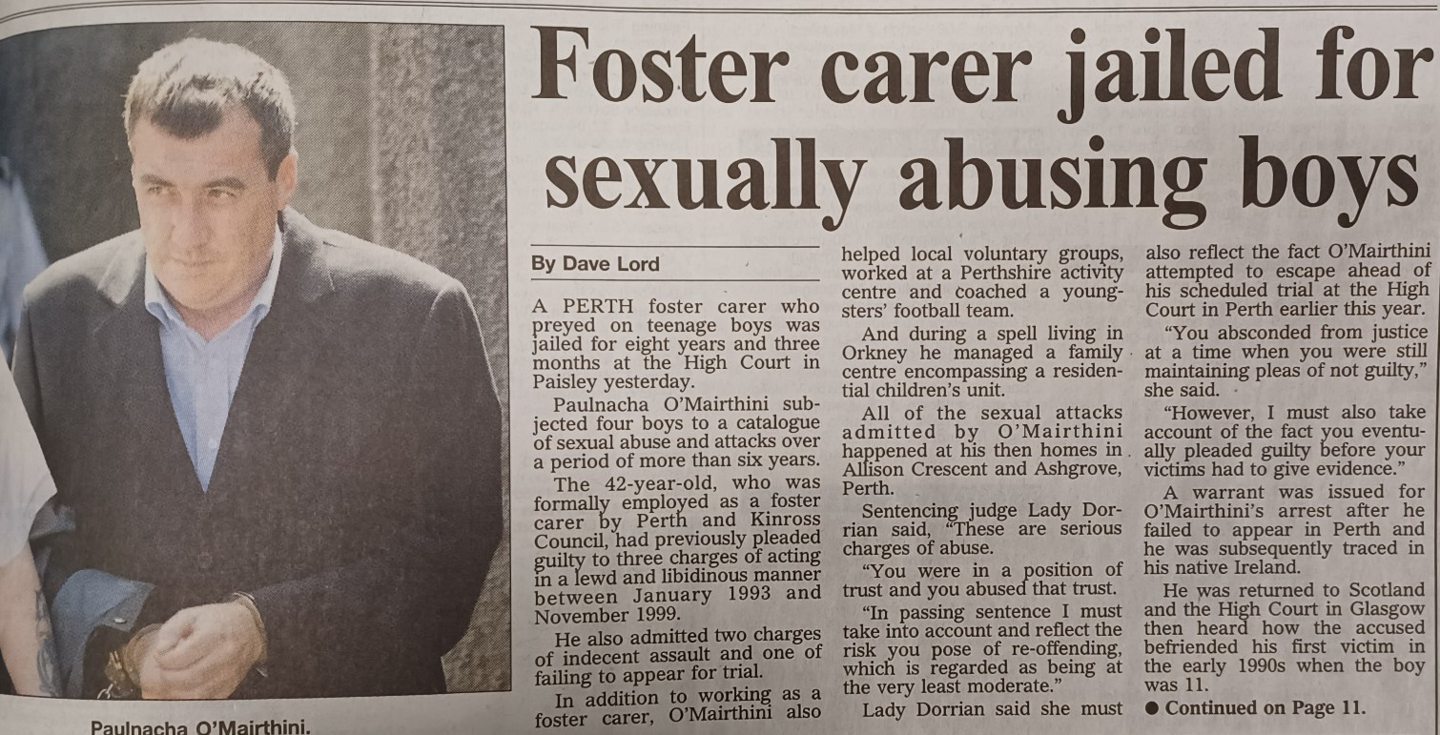

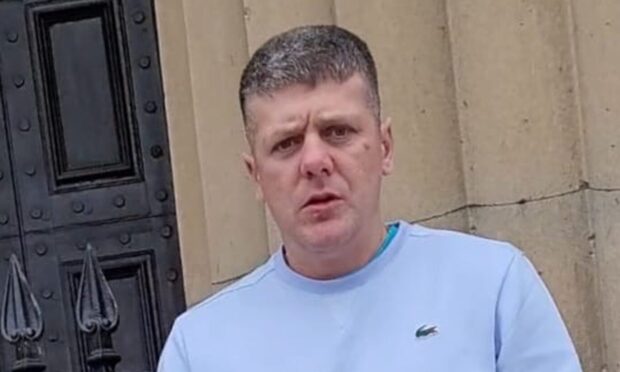

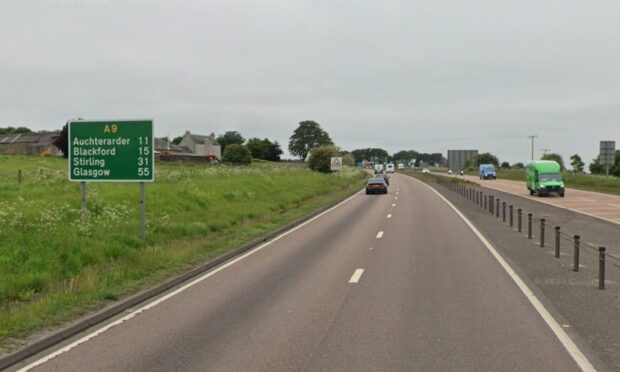




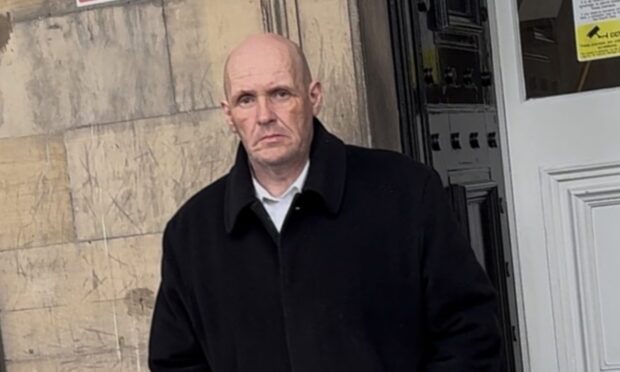

Conversation